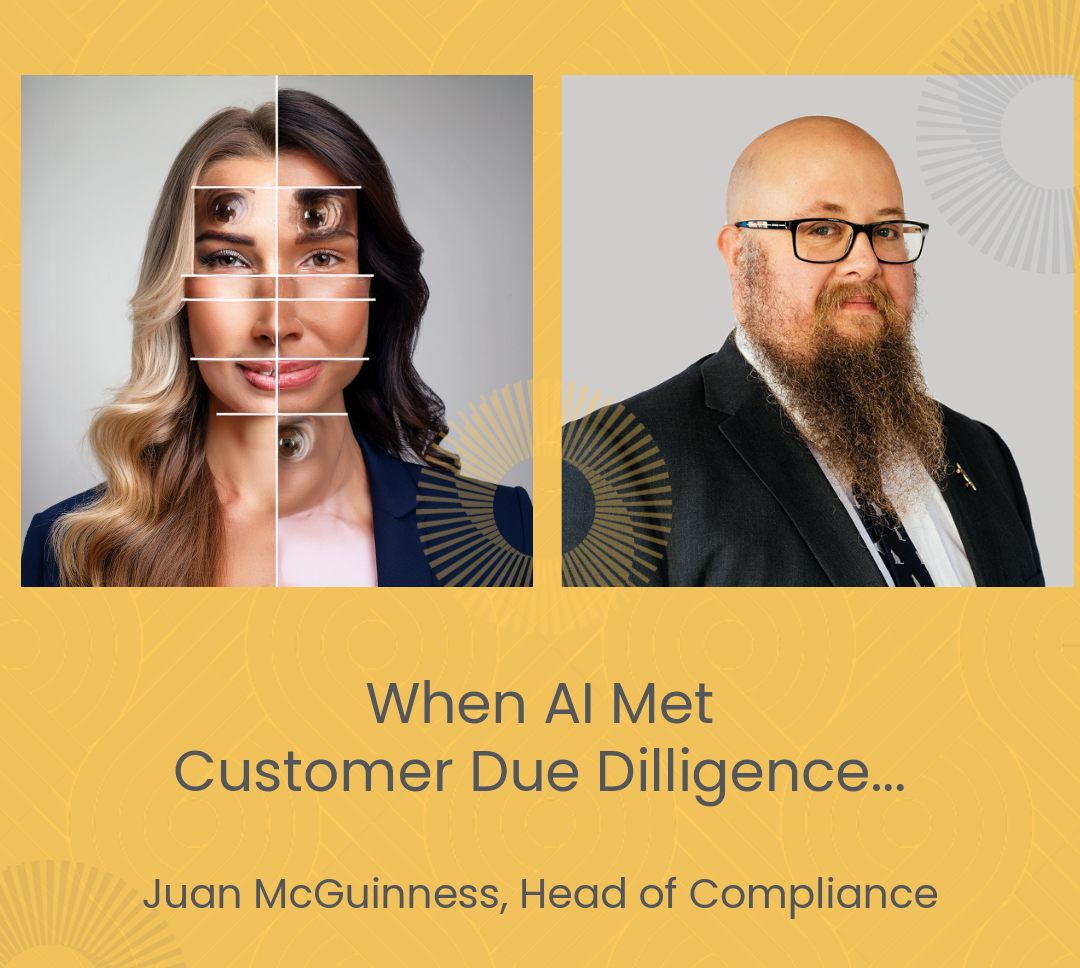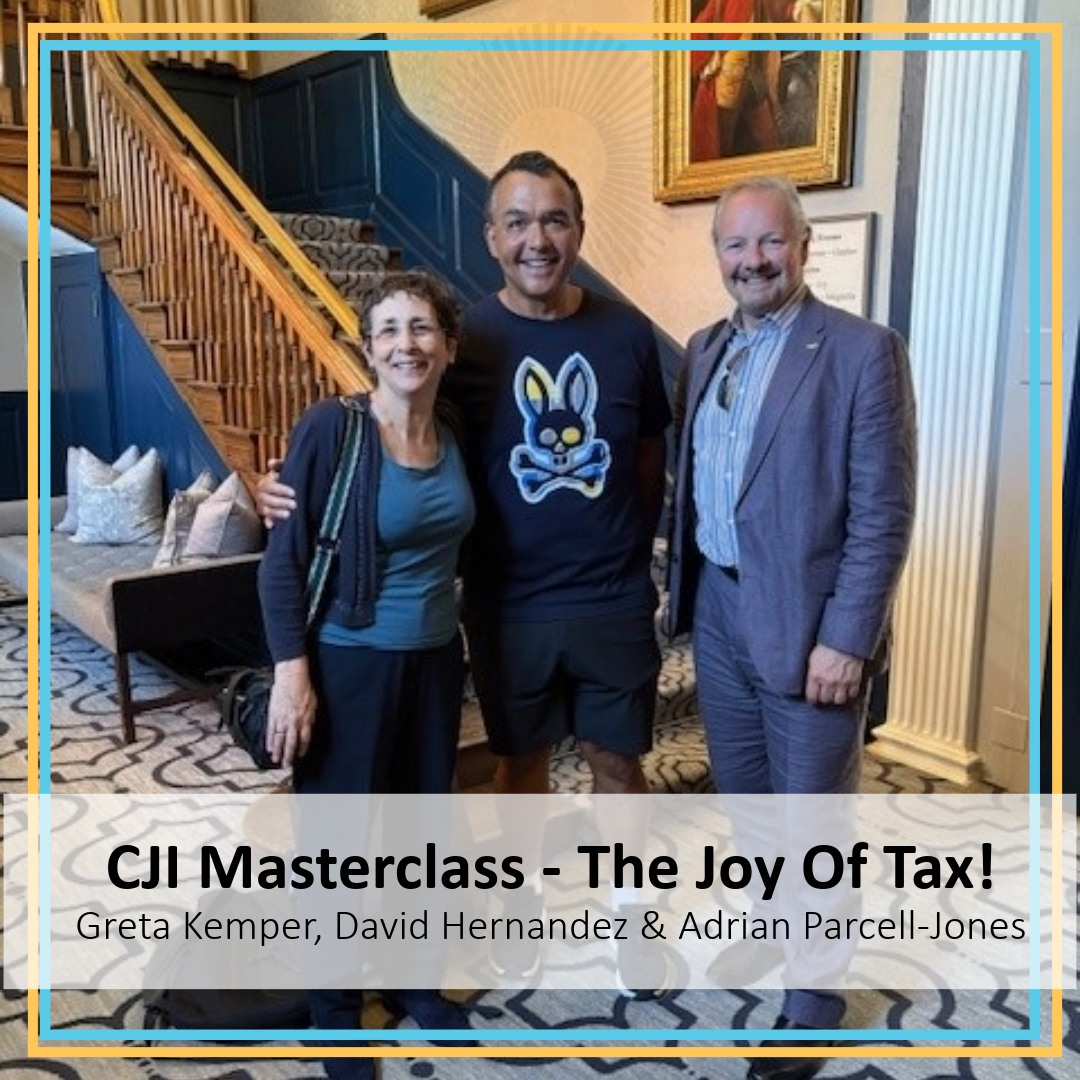– By Martin Kennaugh, Director of Client Services
In 1897 The House of Lords, overruled the country s Court of Appeal and upheld a principle of company law that was to have a far greater effect on the world than could ever have been foreseen. Stick with me and I will explain why; but first the backstory.
In the 1890s Mr A Salomon a bootmaker in the UK, transferred his business into a newly incorporated company, Salomon Limited, and the company became indebted to secured and unsecured creditors. Unfortunately the vagaries of trade meant the company ran into financial difficulties and was forced into liquidation.
One of the secured creditors was Mr Salomon himself which did not sit well with the company s unsecured creditors who stood to receive nothing after his debt was paid in preference to theirs. The unsecured creditors took to court to address this alleged injustice, arguing that the company was an agent of Mr Salomon and that he should be held personally liable for the debts. The Court agreed with this line of argument and found in their favour. At the Court of Appeal, Lord Justice Linley suggested that while the company validly existed, it was acting as a trustee improperly brought into existence by Salomon to enable him to do what the statute prohibits and that the company was incorporated in order to attain a result not permitted by law it even went so far as to say that the company was a device to defraud creditors .
These were strong words from the judge, so it may be something of a surprise to hear that in 1897 the House of Lords (the highest appeal court in England at that time), overturned the previous two rulings using a strict interpretation of the Companies Act 1862 which covered the formation and governance of companies. Lord Halsbury at the time stated the true intent and meaning of the (Companies) Act appears to me to give a company a legal existence with, as I have said, rights and liabilities of its own . Lord MacNaghten also asserted the directors did just what they were authorized to do by the memorandum of association. There was no fraud or misrepresentation, and there was nobody deceived.
The impact of this is clear; a company has a legal personality separate from those individuals that are its members. The company can obtain assets and incur liabilities and these are separate from those of its shareholders. It was no longer in doubt; a corporate vehicle was an elegant way to bring investors and entrepreneurs together with both parties knowing the limits of their risk and their share of the reward.
We all know that business carries inherent risk, that is why the rewards fall to those brave enough to venture into it – no one would enter into business if the risks were seemingly endless and the rewards, although potentially great, are always going to be finite.
It is the limiting of liability coupled with the ability to pool resources, which has enabled corporate vehicles to become the protective environments for new ventures, exciting inventions and new technologies. For example, Deloitte reported that in 2022 the average cost of developing lifesaving medicines was $2,284,000. Without investment these steps into the future simply wouldn t happen – the greater the advance the greater the cost).
The reason this is so important today is that the future, perhaps now more than ever, relies on us working faster and safer than ever before to discover and implement new ways of living. This will take inventors, entrepreneurs and investors working together to deliver the results we all seek the company is the home in which it starts.
Salomon v Salomon & co Ltd



